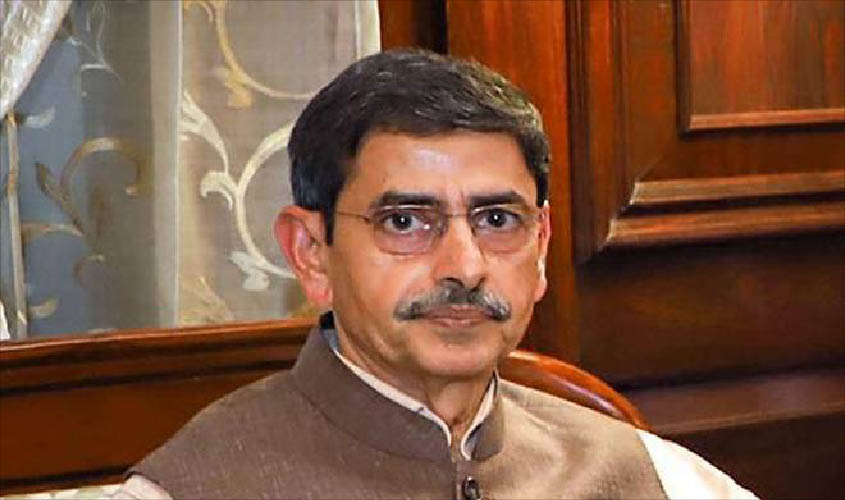NEW DELHI :The Naga peace talks may go beyond the 31 October deadline as the talks held on 24 October with the Centre remained inconclusive due to disagreement over the demand for a separate flag and separate Naga Constitution. Prime Minister Narendra Modi wanted to conclude the Naga peace talks by October this year. However, the Centre’s opposition to a separate Naga flag and Constitution had resulted in protests by different Naga outfits.
The Naga peace talks began in 1997 after the National Socialist Council of Nagaland (Issac-Muivah) or NSCN-IM, the largest Naga rebel group, announced a ceasefire agreement. The talks gained momentum after the Centre and the NSCN-IM signed the “Framework Agreement” on 3 August 2015. However, it reached a deadlock amid the ongoing stalemate surrounding the NSCN-IM’s demands for a separate “Naga national flag” and “Naga Constitution”. The talks between the Centre and the NSCN-IM on Thursday were supposed to be the final talks between the parties.
A source aware of the developments told The Sunday Guardian that it will take some more time to conclude the talks as R.N. Ravi, the interlocutor as well as Nagaland Governor, has to consult with the Prime Minister’s Office (PMO) over the two contentious demands of the NSCN-IM.
“There will be two-three more rounds of talks between the Centre and NSCN-IM wherein both the parties will come with their own proposals to conclude the talks,” the source said.
On 18 October, security in Nagaland had been tightened over uncertainty regarding the outcome of the peace process. The Chief Secretary of Nagaland had also directed the Deputy Commissioners and administrative officers to remain on duty and had recalled all administrative officers on leave. Nagaland DGP T. John Longkumar, too, issued a direction to recall all police personnel on leave immediately, except those on medical leave. However, the DGP told The Sunday Guardian that these measures are just routine ones and the “situation in Nagaland is peaceful”.
It is worth mentioning that various Naga civil society organisations and students’ unions have expressed their disappointment over non-inclusion of their organisations in the political talks. These organisations include the Naga Students’ Federation, Naga Hoho, Naga Mothers’ Association and Naga People’s Movement for Human Rights.
According to the appeal of the Naga Mothers’ Association, “We place our objection, at this critical juncture, on the policy of exclusion of civil society like Naga Hoho, Naga Mothers’ Association, Naga Students’ Federation and Naga People’s Movement for Human Rights, who have supported for decades the peace process and dialogue by state agencies and interlocutor of Naga peace talks.”
Tensions are also brewing in Manipur following media reports that the Centre is considering giving a territorial council each to the Nagas of Manipur, Assam and Arunachal Pradesh. The Nagas have a sizeable population in Manipur and the Meiteis (Manipuris) have already made it clear that the final Naga accord should not hurt Manipur’s interests.

